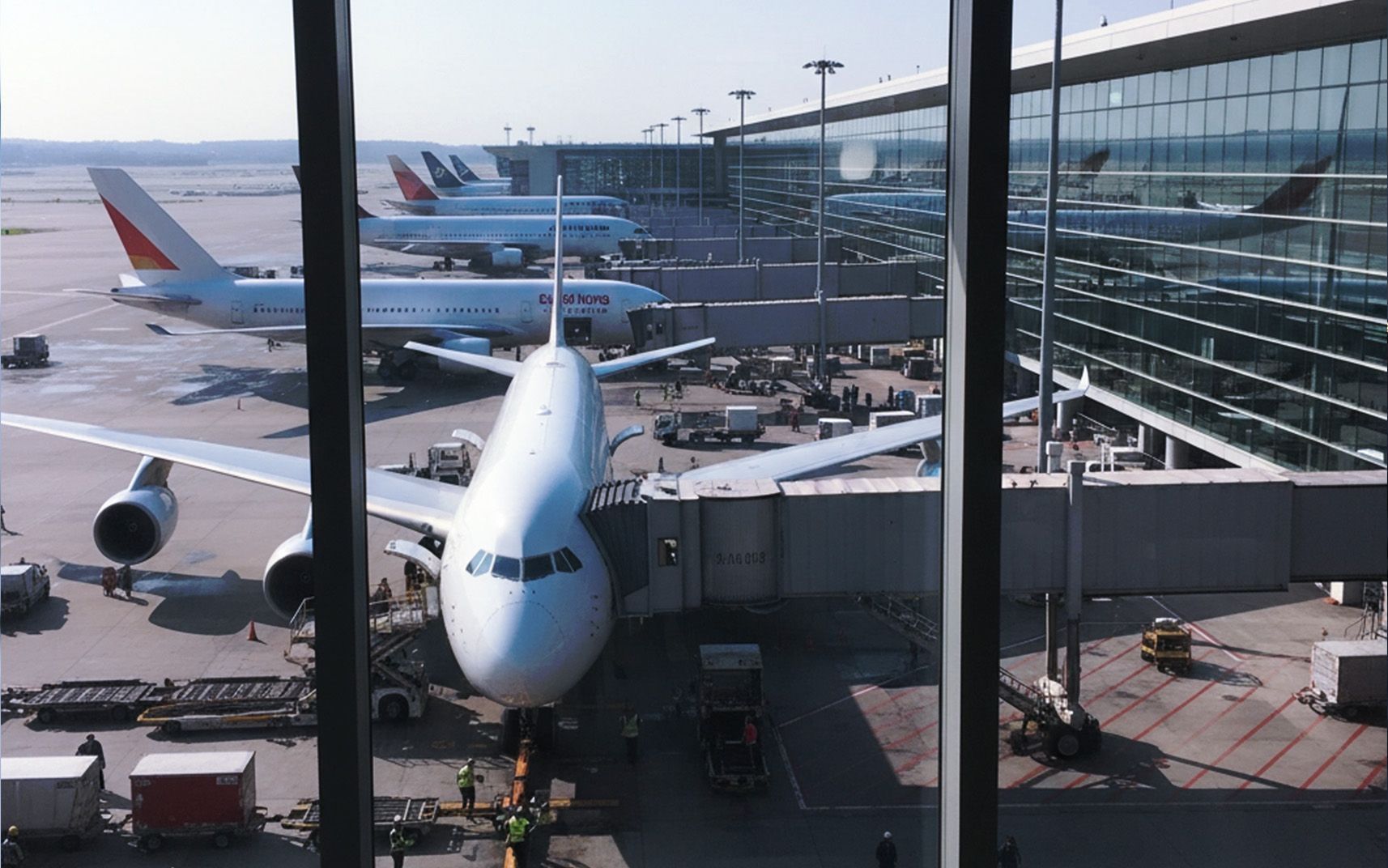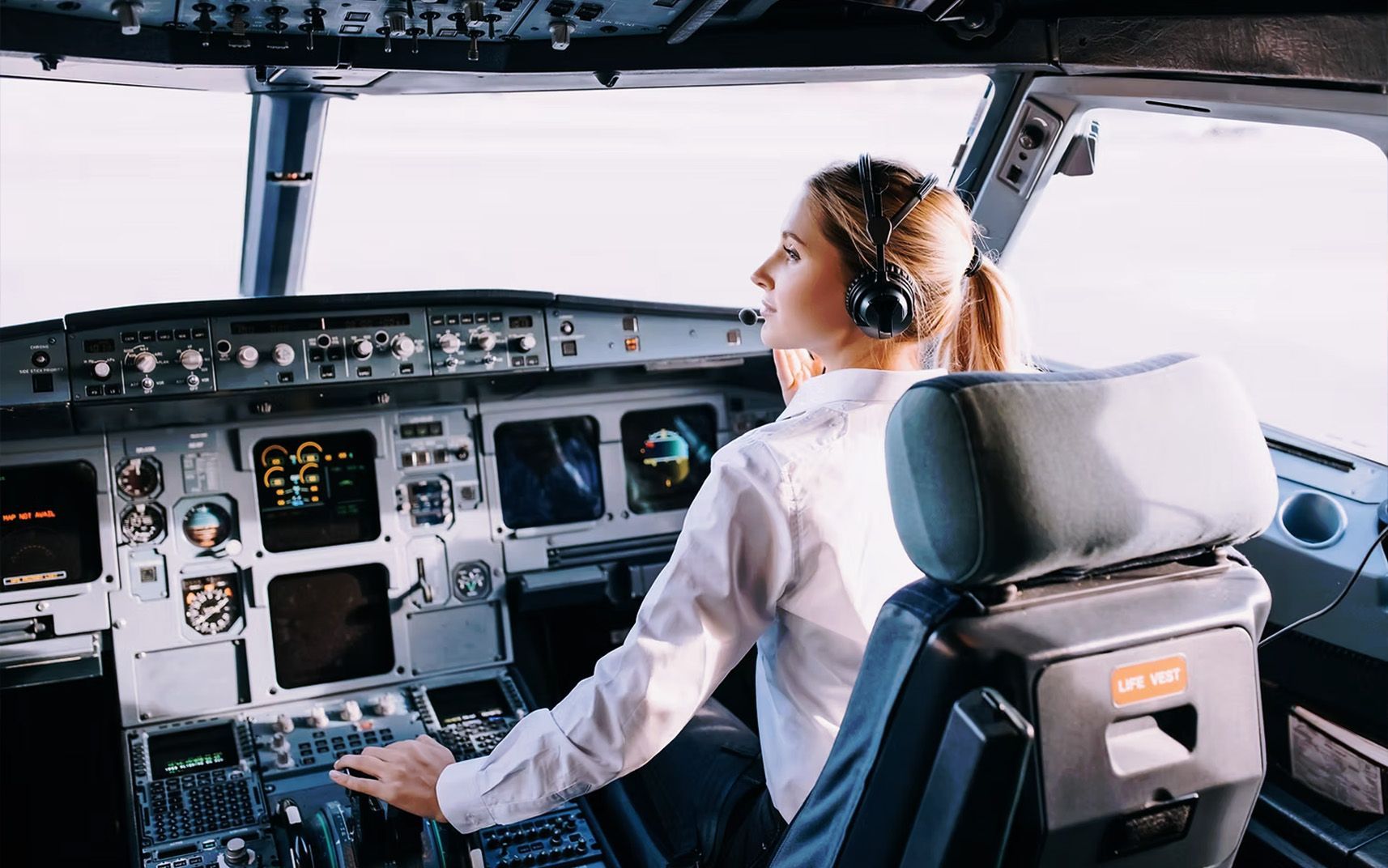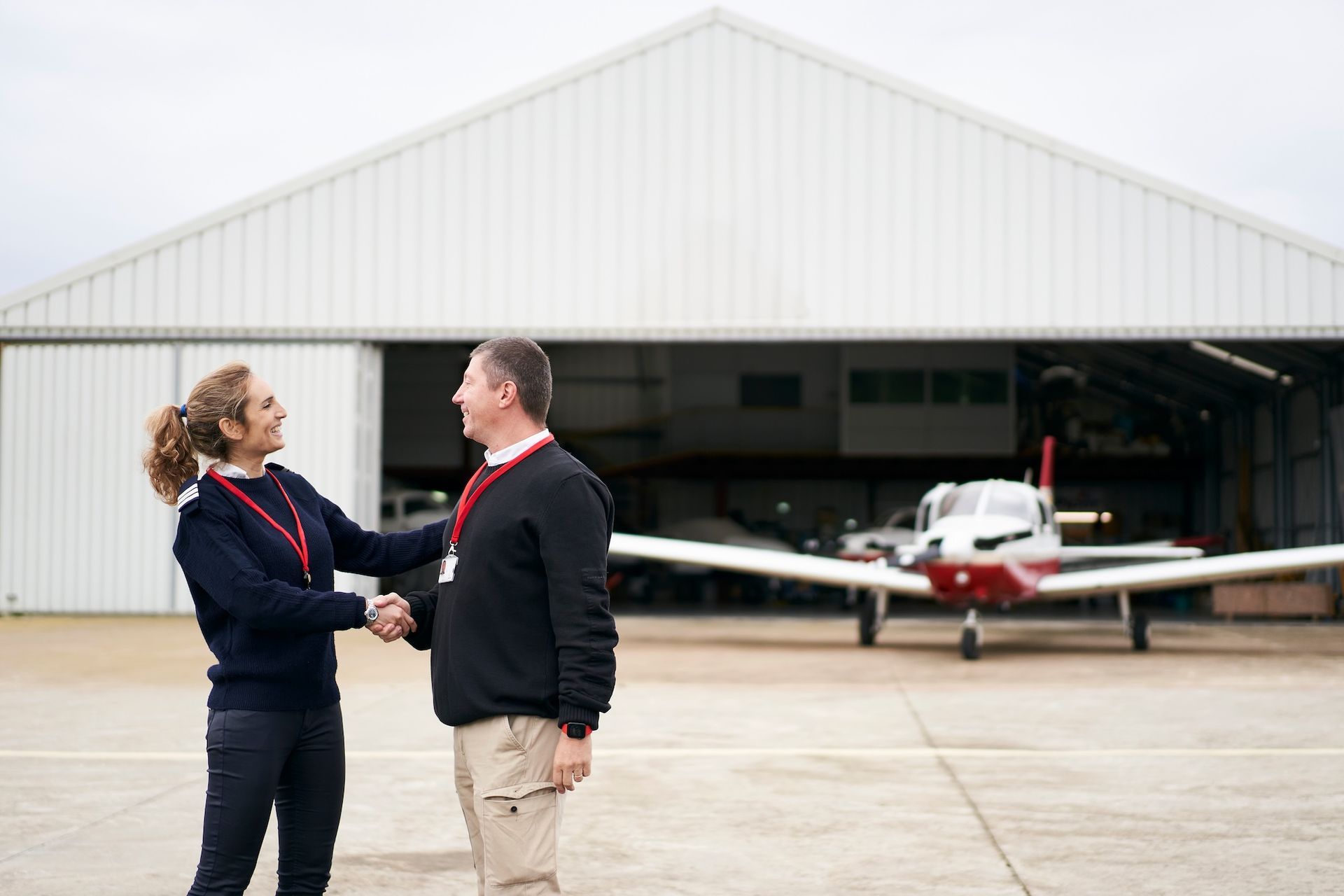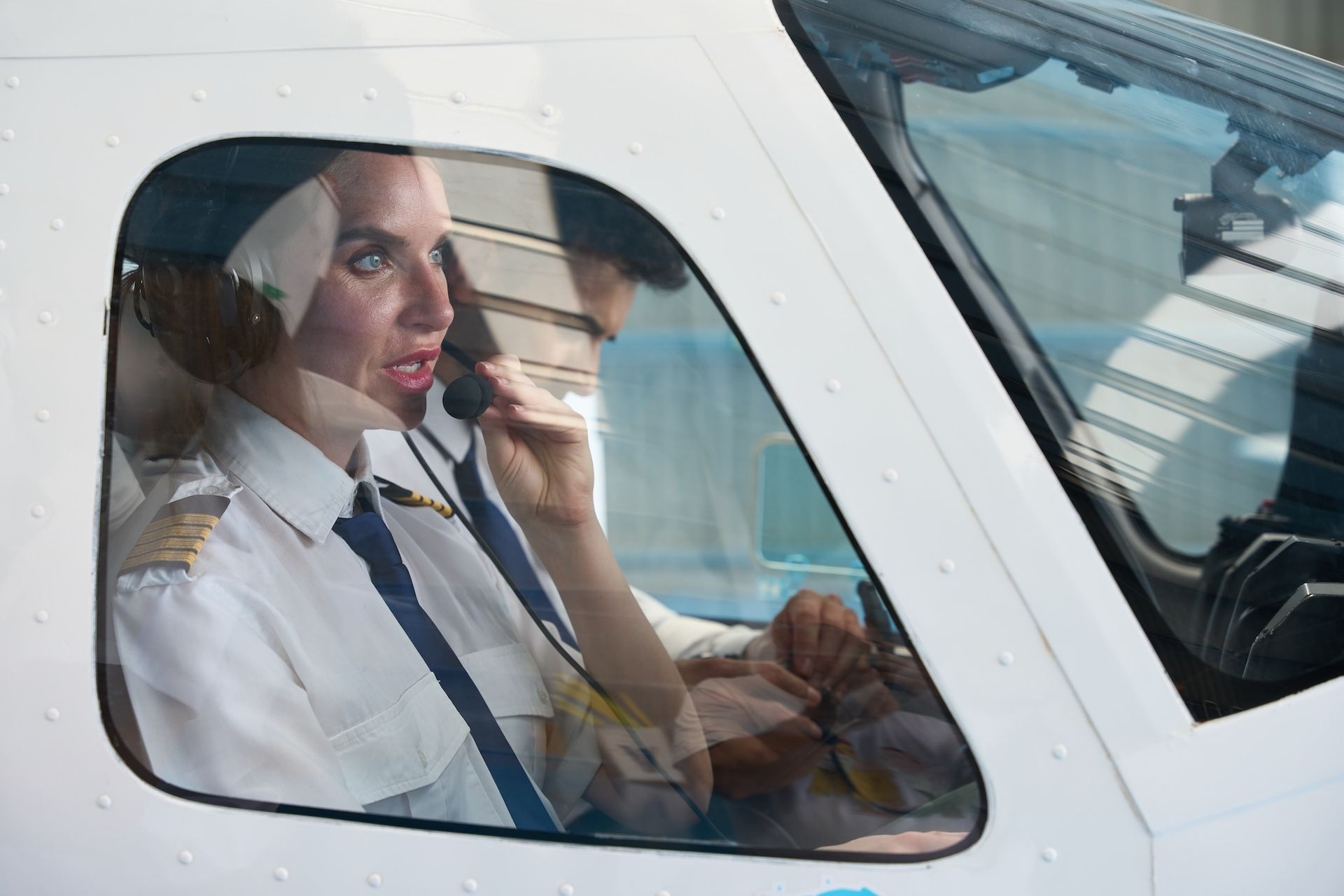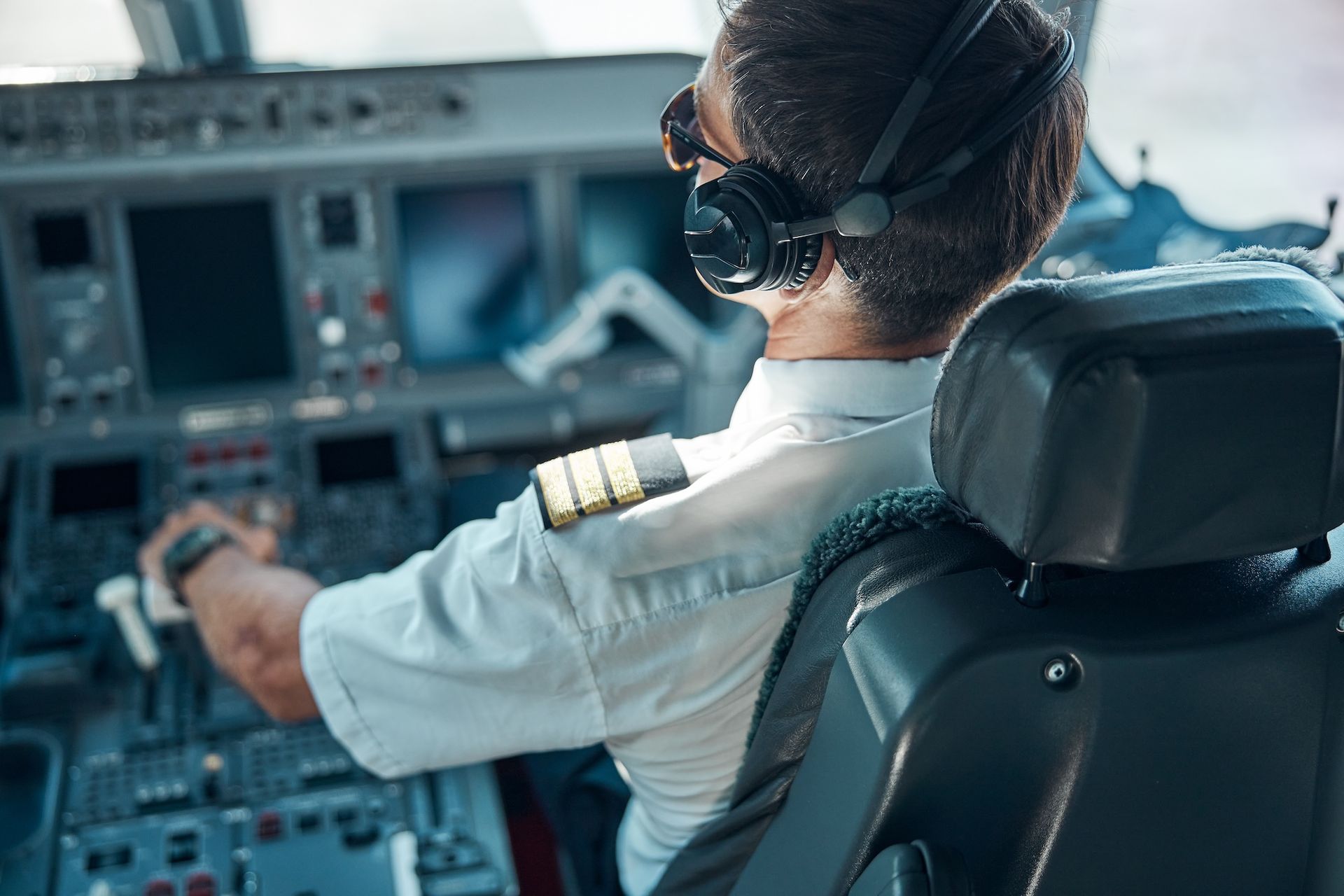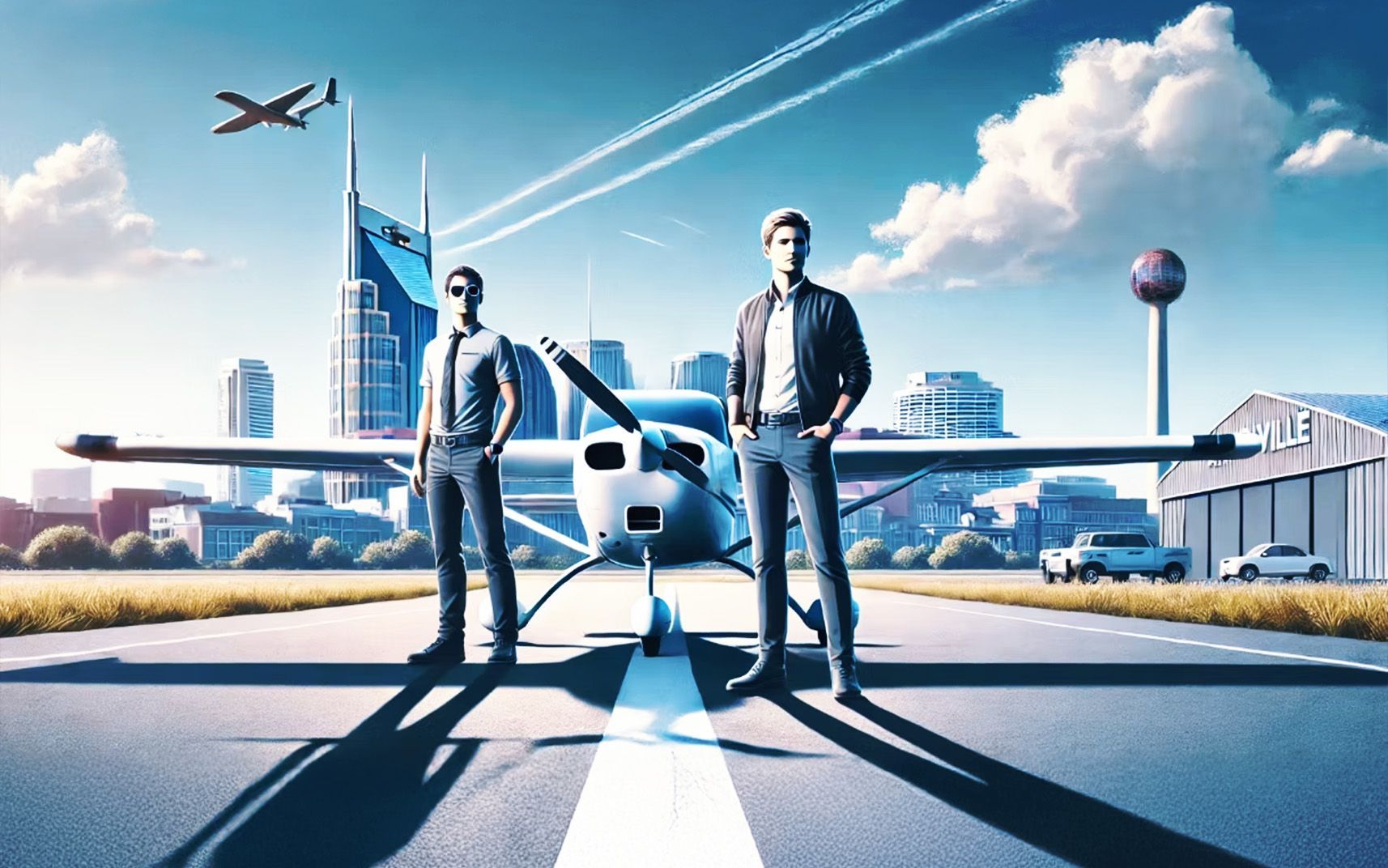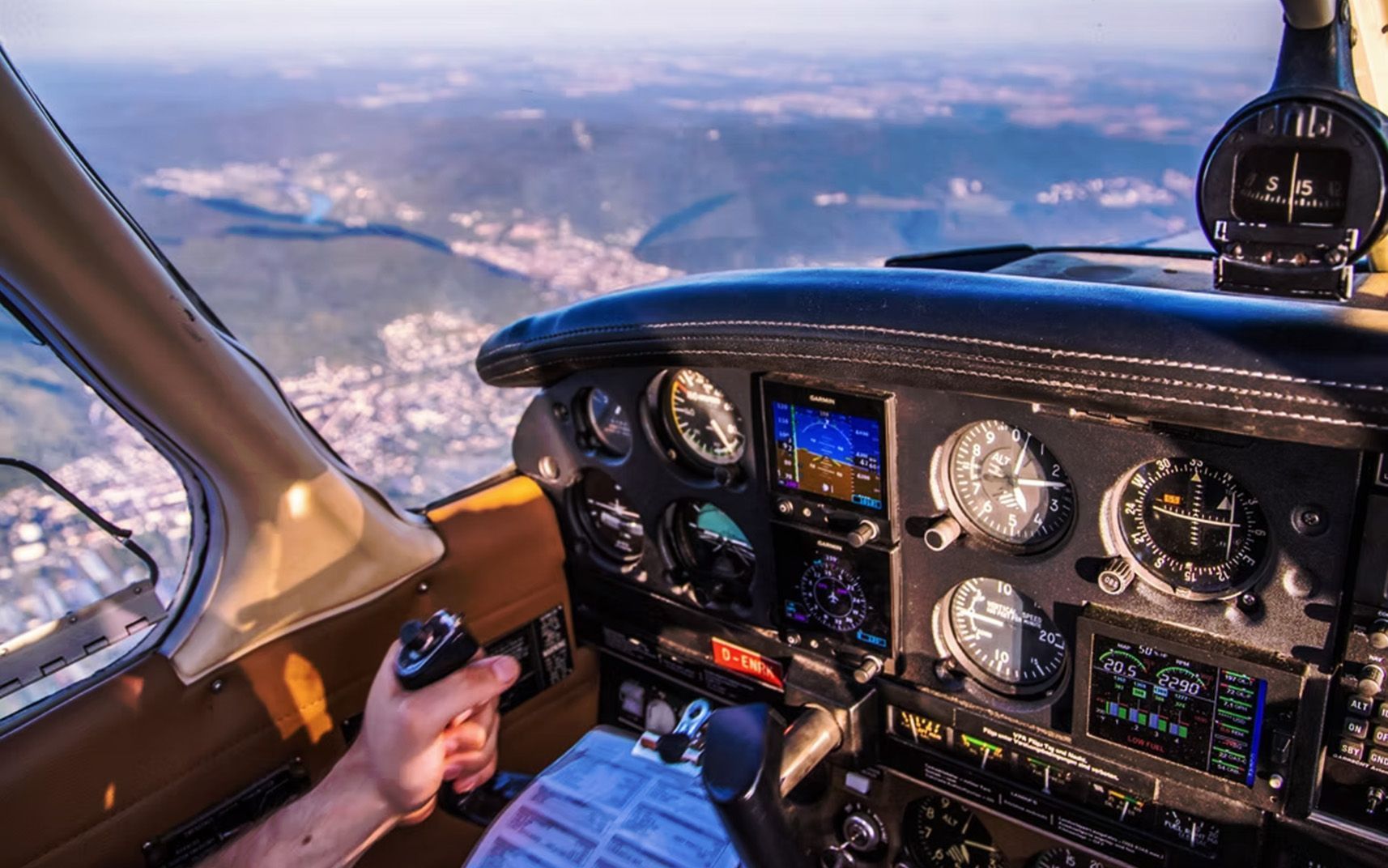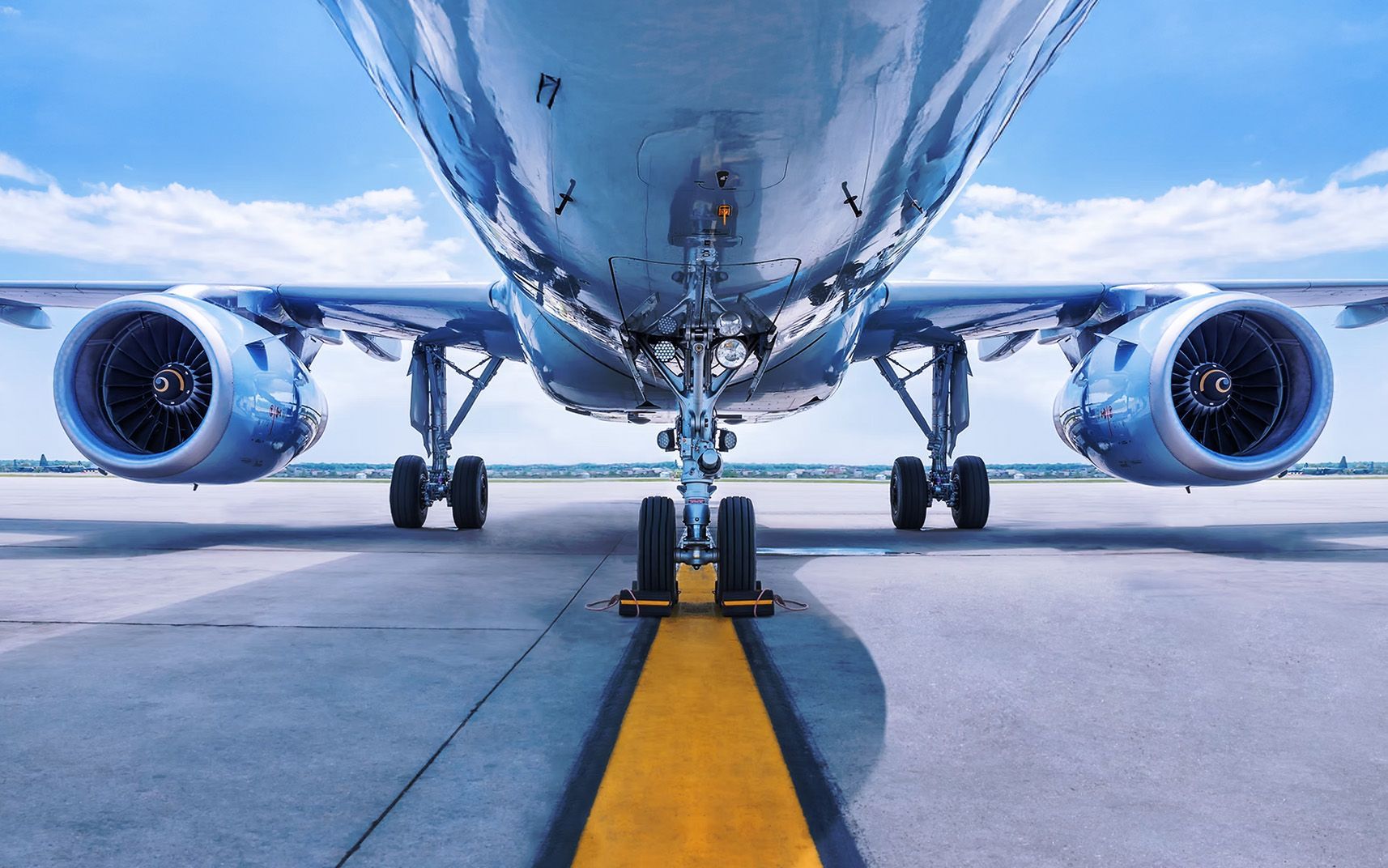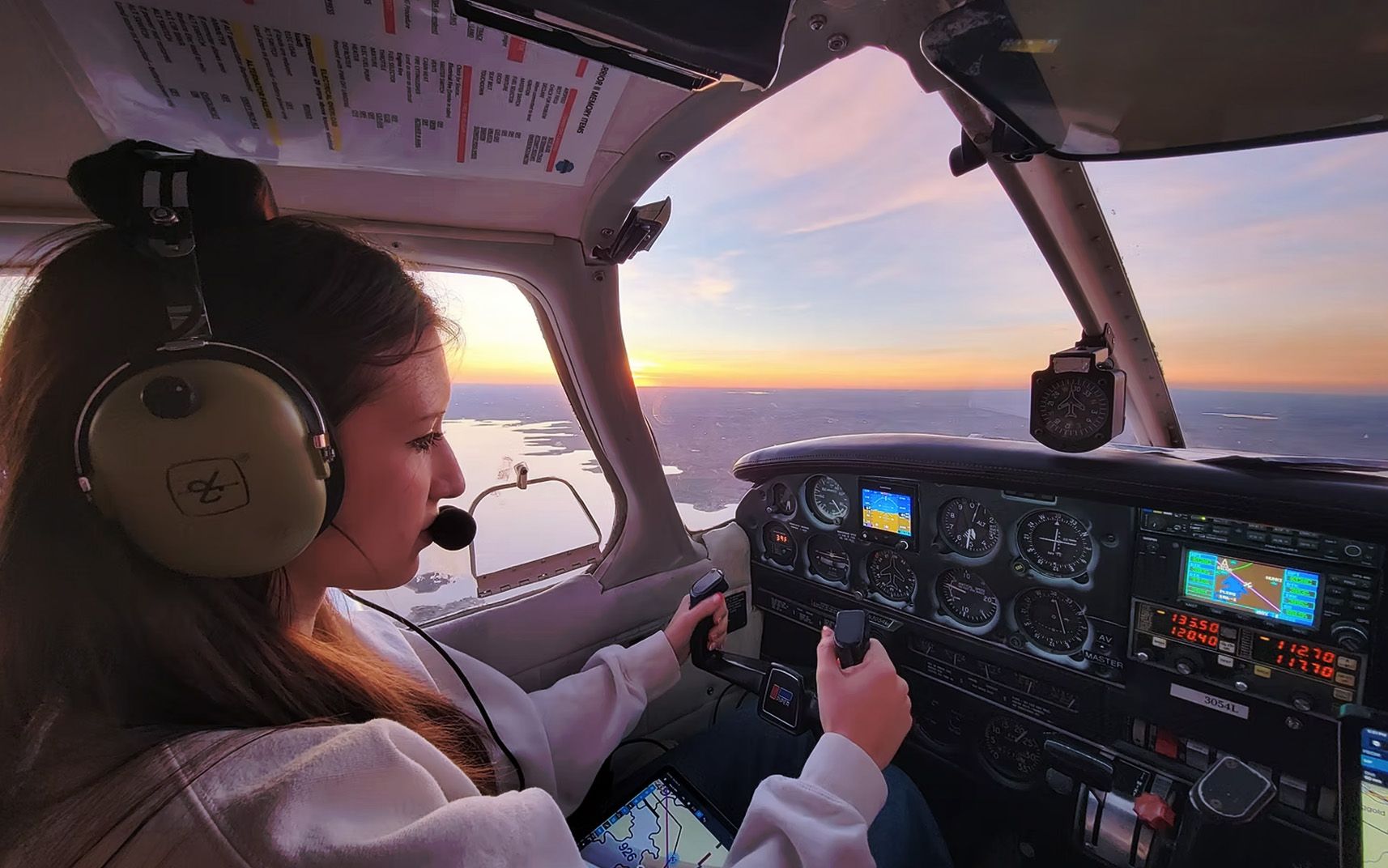What Are American Airlines' Pilot Requirements?
Share this article
If your dream is to fly for one of the most recognized airlines in the world, you’re not alone, and you're in the right place. American Airlines sets the bar high for its pilots, and for good reason. Their crews keep millions of passengers safe while navigating some of the busiest skies on the planet.
Let’s break down what it really takes to sit in the cockpit of an American Airlines jet, and how you can get there faster than you might think.
Minimum Requirements to Fly for American Airlines
Education & Certification
To join a legacy carrier like American, you’ll need more than just ambition, you’ll need the right credentials:
- FAA Commercial Certificate with multi-engine and instrument ratings
- ATP Certificate (Airline Transport Pilot), which requires specific flight hours, testing, and age qualifications
- Bachelor’s Degree Preferred – While not required, a degree (especially in aviation or engineering) gives you a competitive edge
At Nationwide Aviation, we help you check off the boxes quickly, with streamlined programs designed to take you from zero experience to airline-ready.
Flight Experience
- 1,500 Flight Hours: This is the golden number, and yes, it’s required.
- Diverse Flight Conditions: Experience across various aircraft and environments showcases your adaptability. A major plus when applying to any airline.
Medical Standards
Commercial flying requires sharp reflexes and peak physical health. You’ll need:
- A current FAA First-Class Medical Certificate
- Routine checkups and clearances to maintain eligibility
Core Pilot Skills
Airlines like American look beyond hours logged. They want pilots who:
- Master modern navigation and communication tech
- Stay calm under pressure and make confident decisions
- Lead their crew and communicate clearly at all times
Safety & Screening
- Security Clearance & Background Check: A must for every commercial airline pilot
- Drug & Alcohol Testing: Routine screenings are non-negotiable in aviation
Ongoing Development
Getting hired is just the beginning. Airlines expect:
- Ongoing training in simulators and on new tech
- Recurrency testing to maintain your qualifications
Your Career Starts Here
Becoming a pilot for American Airlines is a serious commitment, but it’s absolutely achievable. The right school makes all the difference.
At Nationwide Aviation, we don’t just teach you to fly, we help you launch a career. In as little as 9 months, you could be ready to chase that dream and take your seat in the cockpit.
Recent Posts
